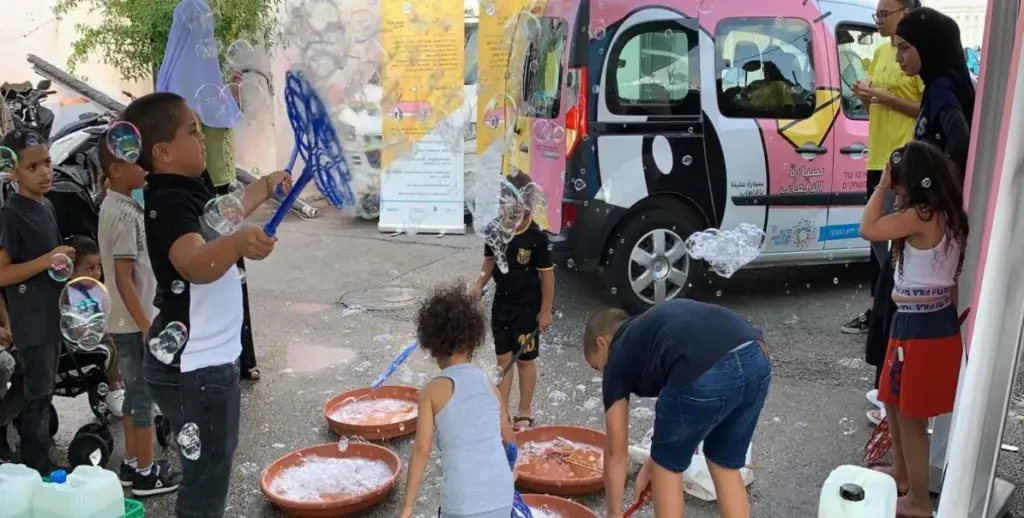As the urban population continues to grow globally, so too have disparities in economic opportunity and other indicators of well-being, including the availability of enriching social and learning experiences for children. The Playful Learning Landscapes (PLL) movement represents an evidence-based approach for addressing these inequities by providing new opportunities for learning in everyday public spaces where families spend time.
Interest in PLL has been growing in cities in the U.S. and abroad, but more support and guidance is needed to connect the research to on-the-ground practice and policy. In December 2020, the Brookings Center for Universal Education (CUE) and the Bass Center for Transformative Placemaking launched the PLL City Network to help address this need and create a community of practice for peer learning to support the uptake of playful learning approaches.
Through quarterly virtual meetings, network members have been building connections both within and between city teams to fully realize the potential benefits of PLL, discussing challenges and sharing strategies on how to infuse playful learning principles into the mainstream practices of government, businesses, and other organizations. The network launched with an initial cohort of four cities: Chicago, Philadelphia, Pittsburgh, and Tel Aviv, and later added Santa Ana, California and Lima, Peru. Conversations from recent network meetings have yielded several key insights that could help inform other local efforts to enhance playful learning opportunities in their communities.
